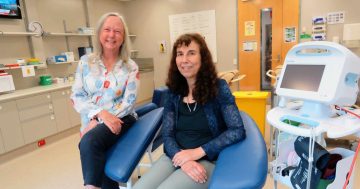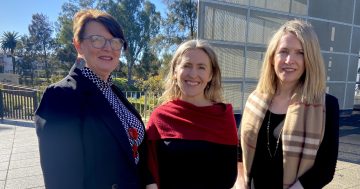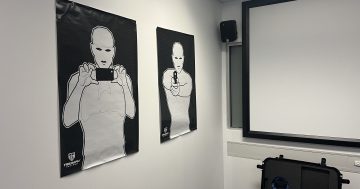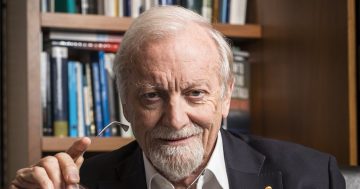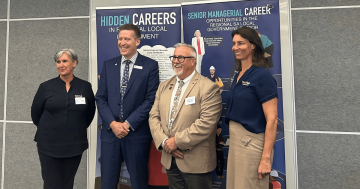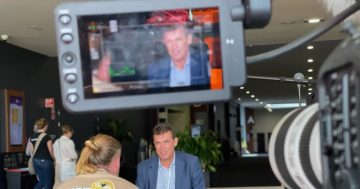 The Commonwealth Scientific and Industrial Research Organisation (CSIRO) has partnered with University of Melbourne researchers to develop a new music therapy app.
The Commonwealth Scientific and Industrial Research Organisation (CSIRO) has partnered with University of Melbourne researchers to develop a new music therapy app.
Director of International Research Partnerships for the Creative Arts and Music Therapy Research Unit at the University, Felicity Baker said music therapy helped to calm people with dementia if they experienced states of agitation.
Professor Baker, who is also International Project Leader of the Homeside randomised controlled trial, said her research showed that singing to people with dementia improved their symptoms.
“This is amazing because dementia is a degenerative disease,” Professor Baker said.
“Music also generates autobiographical recall,” she said.
“If someone with dementia listens to music they know, it stimulates their memories.
“That helps to calm the person.”
Professor Baker said her team had partnered with the CSIRO’s Australian eHealth Research Centre to develop the music therapy app to help patients when carers can’t be present.
Project Technical Lead at the Centre, David Silvera said his team would design the algorithm that chose what music to play to the person with dementia.
“The music therapist matches familiar music to the person’s level of agitation,” Dr Silvera said.
“To do this automatically, the computer has to assess the person’s level of agitation,” he said.
“It needs to select and match personalised music to the agitation.”
Dr Silvera said the computer also needed to detect the patient’s response and adjust as needed.
He said designing this “closed loop” was the most challenging part of the project.
“Technology can decide levels of agitation in controlled laboratory environments,” he said.
“But this project aims to decide levels of agitation in uncontrolled environments, which is more difficult.”
Professor Baker said the Homeside trial was part of the Department of Health’s Medical Research Future Fund project Music Attuned Technology Care eHealth (MATCH), and she hoped the app would increase the positive impact of music therapy for people with dementia.


